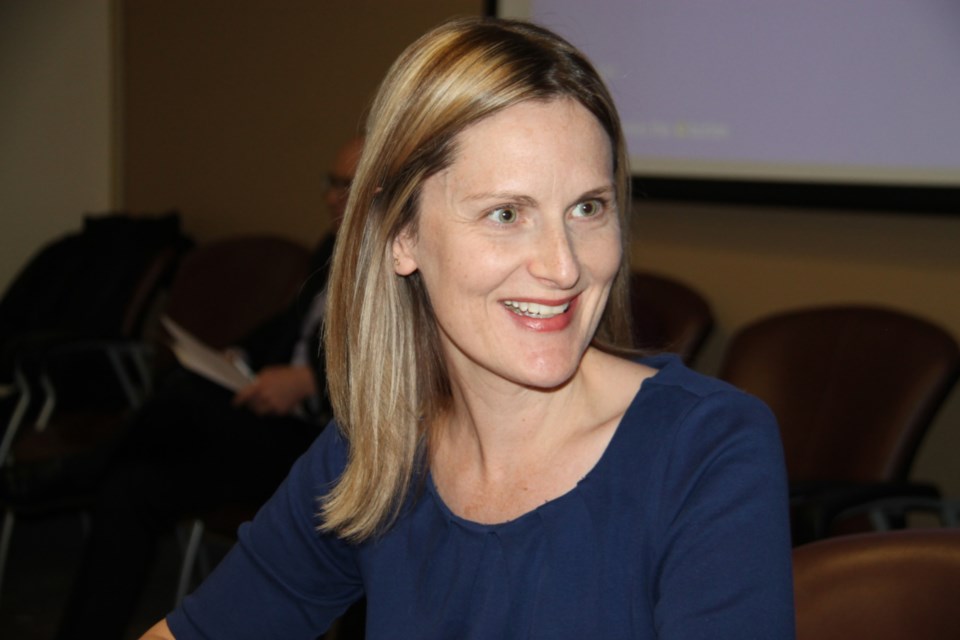Following a presentation by Rachel Hill, Sault College e-learning program manager, the college’s board of governors approved five new online, part-time certificate programs at its regular meeting Thursday.
The approval came as part of the college’s ongoing effort to increase revenue and expand its range of online learning programs.
The programs, each consisting of six courses and approved by the board Thursday, will offer certificates in:
- Wastewater Collection and Treatment System Operations
- Water Treatment and Distribution System Operations
- Criminal Psychology and Behaviour
- Victimology
- Financial Technology
With approval gained, students may register for the programs beginning in January.
“Financial Technology is a relatively new field of study focusing on the growing use of digital technology compared to traditional banking and financial transactions in traditional banks, insurance companies and wealth management companies. Globally there is a ‘fintech’ shortage,” Hill said.
Students in the program will receive training in new technologies such as cryptocurrencies, blockchain and big data.
As for the other programs, “in Ontario, water and wastewater operators are licensed by the Ontario Water Wastewater Certification Office (OWWCO). To become an operator requires you to pass a series of examinations, have work experience and educational requirements recognized by OWWCO,” Hill said, the college now able to offer relevant courses online.
The Criminal Psychology and Behaviour and Victimology certificate programs are designed for professionals working in social and community services, law enforcement and criminal justice, and to provide an understanding of the effects of crime on crime victims, Hill said.
As reported earlier by SooToday, Lori Crosson, Sault College continuing education and e-learning director, said the college plans to expand its range of online certificate program offerings for domestic students and increase the amount of overall revenue it receives from online learning to five per cent by 2024.
Currently, 1.4 per cent of the college’s total revenue (approximately $750,000) comes from online learning.
